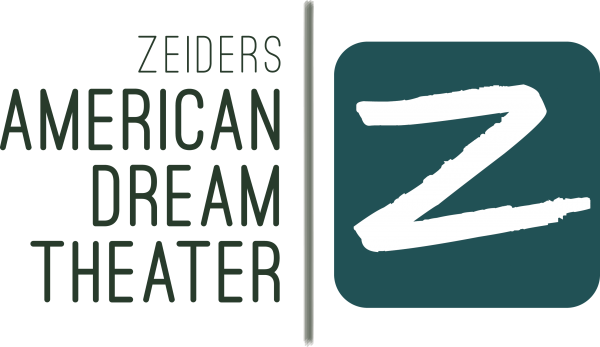
NORFOLK, Virginia – Modern workplace safety would not be what it is today if it were not for five young women dying from radium poisoning who filed a lawsuit against their corporate employer nearly 100 years ago. It’s a tragic story that’s not widely known, but Little Theatre of Norfolk will bring it to life on stage in the play “Radium Girls” from October 20 to November 5.
Marie and Pierre Curie won the Nobel Prize for discovering the element radium. Its radioluminescence
In 1925, five of the fatally ill workers–Grace Fryer, Quinta “Maggie” McDonald, Edna Hussman, Albina Larice, and Katherine Schaub, filed a lawsuit against U.S. Radium Corporation, hoping for compensation for their costly medical expenses. The company denied the claims and made legal maneuvers delaying the trial, hoping the plaintiffs would die before the case ever made it before a jury. Dubbed “Radium Girls” in the press, headlines of the case captured public sympathy and outrage. Just days before the trial was set to begin, the women agreed to a settlement. It was one of the first cases where workers won compensation from an employer. Besides exposing the dangers of radioactivity and workplace hazards, the case was cited as a leading cause in the 1970 creation of the Occupational Safety and Health Administration.
This true story is what inspired Kelly Gilliam to direct “Radium Girls” at Little Theatre of Norfolk. “I love history and stories based on historical events. The play itself and the subject matter are so important. The story of these girls deserves to be heard–the exploitation of workers and corporate greed that caused the pain and ultimate death of so many young women,” explained Gilliam. “I also very much want to bring this story to life in an interesting and meaningful way, ensuring that the history and the people being portrayed are accurate and done with respect to the story.”
Ash O’Leary is just the right person to entrust with the attention to detail required of Gilliam’s vision. Ash plays Grace Fryer, the brave young woman who filed the lawsuit on behalf of herself and the four other dial painters. “I like to go to the source material and historical accounts, and see how it compares to the play’s script. I’ve been going through the audiobook ‘Radium Girls’ as well as doing some of my own research to get a feel for both the historical woman and the fictionalized one in the script,” said O’Leary. “The stark contrast between portraying a woman who grows increasingly bolder in her internal fortitude while growing increasingly weaker in her physical state is a really wonderful challenge to take on to grow, learn, and incorporate as an actor.”
Audiences may find the play has modern relevance, as today’s news headlines are increasingly peppered with worker strikes across various industries. “The story is a timeless one of fighting for what’s right despite seemingly insurmountable odds, and I think it is especially relevant to today’s overworked culture that too frequently puts profit over human flourishing,” said O’Leary.
The story of “Radium Girls” reminds us of an era when workers didn’t have the rights they have today, truth in advertising wasn’t questioned, and consumers were not warned of product dangers. However, most of us never knew there were five young women fighting to the death to credit for taking the first steps that led to a safer future.
“Radium Girls” opens October 20 at Little Theatre of Norfolk, located at 801 Claremont Avenue in the Chelsea neighborhood of Norfolk. The production runs Fridays and Saturdays at 8:00 p.m. and Sundays at 2:30 p.m. through November 5. Tickets are available at ltnonline.org or by calling the box office at (757) 627-8551. Tickets are $18 in advance or $20 at the door. Patrons may save with a season flex pass for $102, which is six tickets that may be used in any combination. Parking is free in the lots behind the theatre and across the street.
Little Theatre of Norfolk is a volunteer-led, non-profit community theatre, continually operating since 1926.
###




